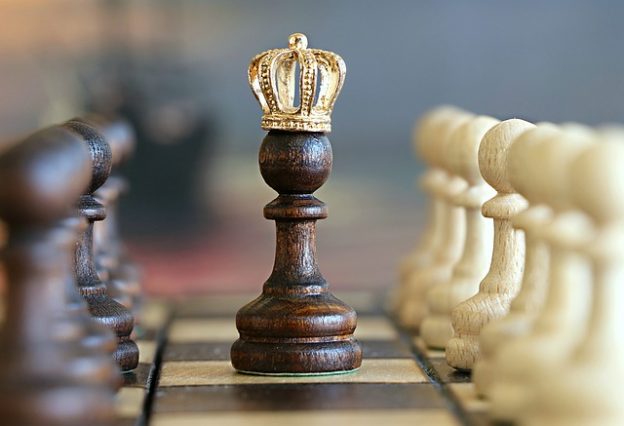Monarchy:
- Monarchy is a form of government in which only one person will be the main authority in ruling the country. In general, monarchy’s position is inherited.
- The people of a country have no say on electing their ruler. The ruler may form policies which are beneficial for him but not for the country, or the ruler may be incapable of performing his duties efficiently. Still, nothing can be done by the people.
- The system of inheritance can also lead to inefficiency at times as the ruler and his generation have the security of their future whether they perform or not.
- The absolute power vested in monarch results in corruption and tyranny.
- Some countries do have an elective monarchy but one person holding the supreme authority is still dangerous.
- While nowadays some countries have a ceremonial monarchy. But that is again the privilege of birth. Other than taking birth in the royal family the person hasn’t done anything but still has all the luxuries, the security of future and access to best resources in the world. And I believe when a person hasn’t earned something on his own, he/she doesn’t know its true worth and lacks empathy.
- Certain positive points are that huge expenditure of election is saved, decision-making process is fast but again the quality of decisions cannot be ensured (neither can it be ensured in democracy but accountability to people does help) and as the ruler is on the throne for the lifetime wealth accumulation is not an agenda for him.
Democracy:
- As Abraham Lincoln said, “Government of the people, for the people, by the people”. In a democracy power is vested in citizens of the country, to elect a government and the government is answerable to the people.
- A timely election is held, if the people are not satisfied with the performance of the present government, they can change the government in the next election. This forces the present government to work efficiently else they will lose the power in the next election.
- For a successful democracy apart from the successful elected government by the majority, good opposition is equally required. Which will keep checks on the ruling party’s work and oppose and when needed.
- Opposition parties also provide an option to the citizens in the elections. If not satisfied with one party they should have other options with them.
- In the Indian context, democracy rests on three pillars legislature, executive and judiciary. An independent judiciary is very essential so that it performs its duties without any influence or fear. And a common man can approach the court even against the government and the court will give its judgement with extreme impartiality.
- Media is also very crucial in a democracy and freedom of the press is one of the measures of the extent of democracy in a country. It has the duty to bring into light the ground reality, with its wide reach it can raise the concerns of a common man.
Conclusion:
From the above arguments, it can be logically inferred that democracy is better than a monarchy. Opposition and media are vital players along with the elected government. And democracies are successful this fact is very much evident as most of the developed countries in the world are democracies.
Your Turn…
What are your thoughts on this topic? Tell us through the comment section below. And subscribe to our blog to read answers to the trending GD topics.
Image by klimkin from Pixabay
Copyright @ Group Discussion Ideas.

